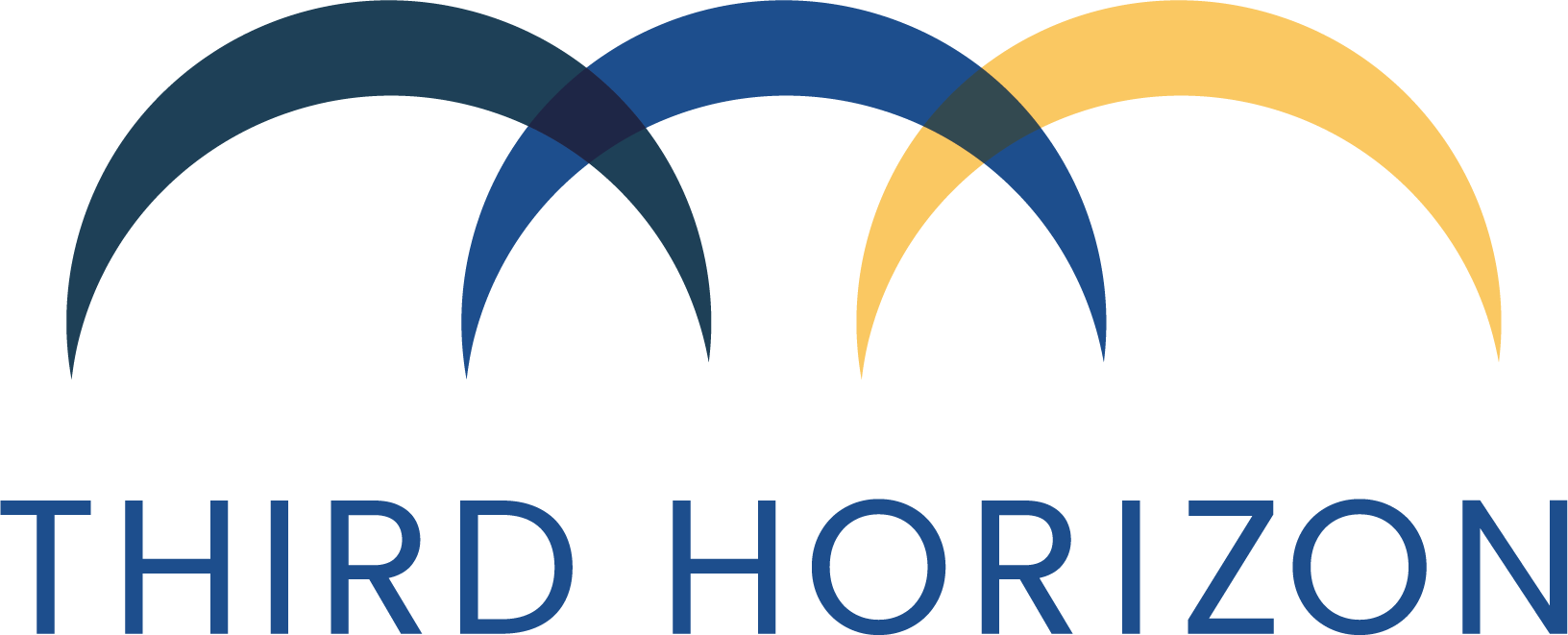- In 2023, national health spending in the United States surged, outpacing economic growth, with estimates showing a 7.5 percent increase totaling $4.8 trillion, according to government data. This growth was attributed to a historic high in health insurance coverage, reaching 93.1 percent of the population, largely due to pandemic policies boosting Medicaid and marketplace plan enrollments. Medicare spending rose by 8.4 percent, surpassing $1 trillion, while private health insurance and out-of-pocket spending also increased by 11.1 percent and 7.9 percent, respectively. However, Medicaid spending growth slowed to 5.7 percent, and enrollment is expected to decline after pandemic-related policies end. Hospital and physician services spending saw significant upticks, while retail prescription drug spending growth slightly decreased. Consequently, health spending’s share of the gross domestic product (GDP) is projected to rise from 17.3 percent in 2022 to 17.6 percent in 2023. (Articles here, here, here, and here)
- Congress is reintroducing a bipartisan bill to expedite Medicare insurers’ review of treatment requests, addressing prior authorization practices criticized by patients and physicians. The revised bill aligns with recent Biden administration reforms and aims to prevent future rollbacks and mitigate Supreme Court decisions. Despite prior challenges, the bill enjoys broad support and proposes electronic prior authorization systems for Medicare Advantage plans, with enhanced reporting to the Department of Health and Human Services. Its implementation is not expected to burden the federal government financially. (Article here)
June 13, 2024
Payers | Tea Leaves
